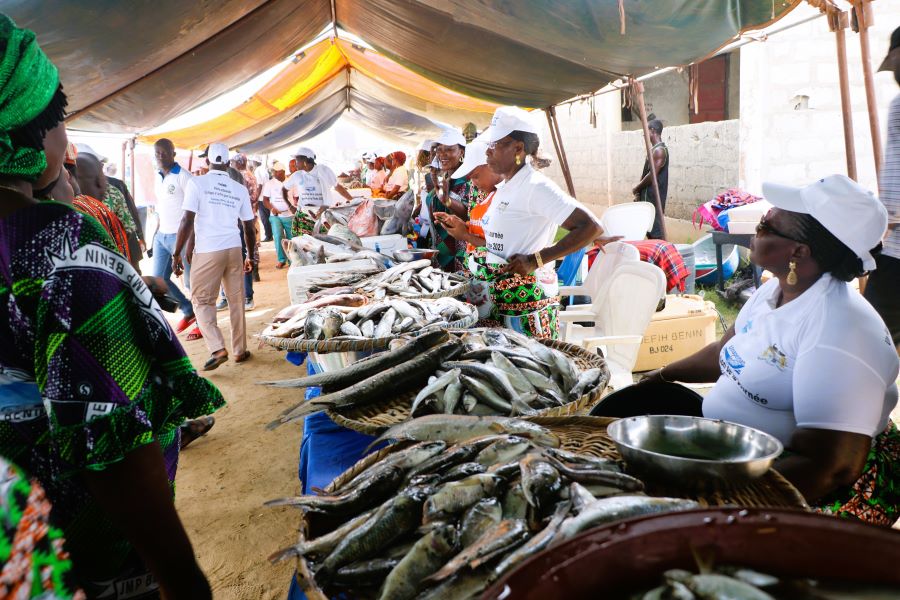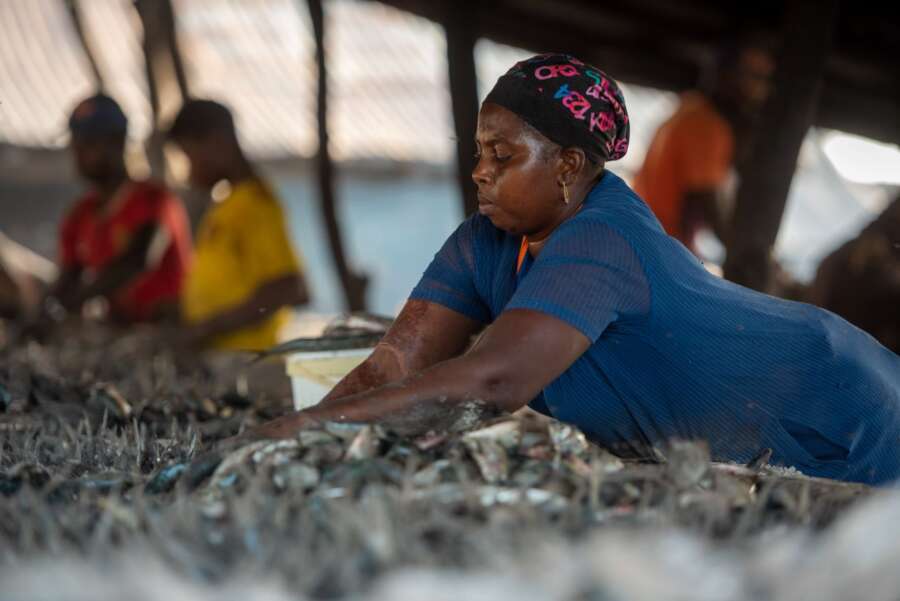The fifteen signatory organizations of the joint declaration on the integration of biodiversity into fisheries management are launching a vibrant appeal for the recognition of the rights of small scale fishing communities and indigenous peoples. The declaration was issued on the occasion of the first session of the FAO COFI Sub-Committee, from 15 to 18 January.
 For centuries, local small-scale fishermen and indigenous peoples have played a central role in the sustainable management of natural marine resources. Representing 90% of fishing workers and contributing 40% of global catches, these communities deserve special attention when it comes to integrating biodiversity into fisheries management.
For centuries, local small-scale fishermen and indigenous peoples have played a central role in the sustainable management of natural marine resources. Representing 90% of fishing workers and contributing 40% of global catches, these communities deserve special attention when it comes to integrating biodiversity into fisheries management.
The new Global Framework for Biodiversity, with its objectives based on the recognition of human rights, offers a unique opportunity to place these stakeholders at the Centre of discussions. The Convention on Biological Diversity, for its part, represents a major step forward by incorporating a gender-sensitive approach, highlighting the specific rights of women in this context.
The signatories of the declaration welcome FAO’s commitment to support small-scale fishing in accordance with the Voluntary Guidelines for Sustainable Small-Scale Fisheries. However, the implementation of commitments on biodiversity depends on States.
This is why they are calling on the FAO to support “the development of transparent, participatory and gender-sensitive national action plans, recognizing the crucial role of local fishing communities and Indigenous Peoples in biodiversity conservation“.
With regard to marine protected areas (MPAs), the signatories welcome the emphasis placed by FAO on participatory approaches. They underline the already existing marine/coastal territories managed by small-scale fishing communities and Indigenous Peoples. FAO is therefore encouraged to support its members in identifying and recognising these areas and mobilising resources for these conservation initiatives.
The appeal by the fifteen signatory organisations is an urgent call for concerted action. Recognition of the rights of small-scale fishing communities and indigenous peoples, implementation of national action plans and support for community-based conservation initiatives are crucial if biodiversity is to be effectively integrated into fisheries management. Their role, long underestimated, is essential to ensure the sustainability of marine ecosystems and the livelihoods that depend on them.


